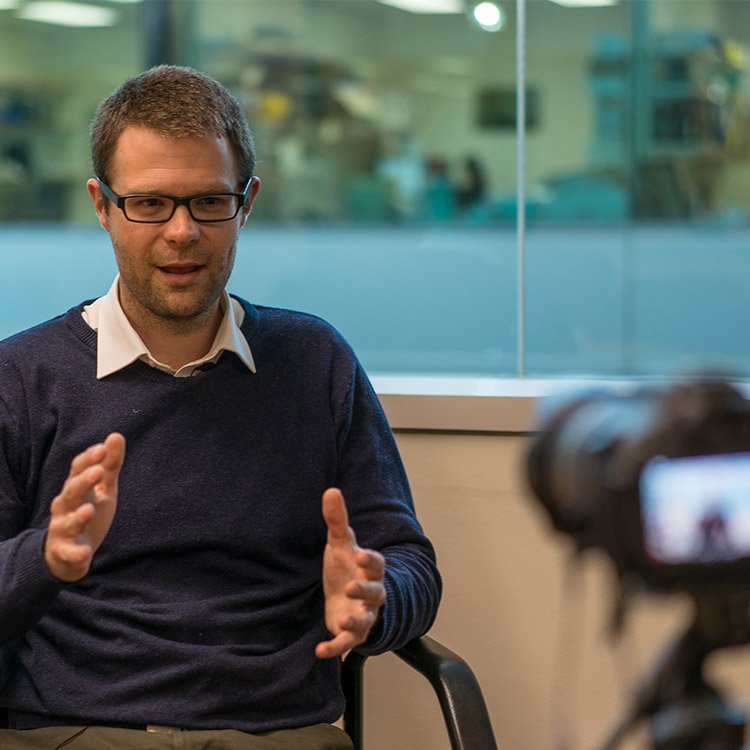Search
Research
Online Moral Disengagement, Cyberbullying, and Cyber-Aggression. Cyberpsychology, Behavior, and Social NetworkingThe study of moral disengagement has greatly informed research on aggression and bullying.
Research
Evaluating the capacity of Australian school staff to recognise and respond to cyberbullying behavioursTo prevent and manage students' cyberbullying, school staff must be aware of this behavior, be able to recognize it, and respond appropriately and skilfully.
Research
Reactive aggression and peer victimization from pre-kindergarten to first grade: accounting for hyperactivity and teacher-child conflictTeacher-child conflict in kindergarten predicted subsequent increases in victimization, reactive aggression, and hyperactivity
Research
Neurological and Biological Foundations of Children's Social and Emotional Development: An Integrated Literature ReviewThis article is a review of developmental processes that combine social, health, and learning pathways, and the mechanisms through which these pathways may...
Research
Using Systems Theory to Understand and Respond to Family Influences on Children's Bullying BehaviorThis article addresses Systems Theory as it applies to school-age children's bullying behavior.
Research
Do emotional and behavioural difficulties in primary school predict adolescent victimisation trajectories?The results of this study suggest whole-school bullying intervention programmes need to occur before students reach secondary school.
Research
The Forms of Bullying Scale (FBS): Validity and Reliability Estimates for a Measure of Bullying Victimization and Perpetration in AdolescenceThe study of bullying behavior and its consequences for young people depends on valid and reliable measurement of bullying victimization and perpetration.

News & Events
The Kids researchers finalists in Premier’s Science AwardsThe Kids Research Institute Australia has two researchers and an innovative science engagement initiative as finalists in the 2017 Premier’s Science Awards.

News & Events
Decades of bullying research pays offProfessor Donna Cross and her team at The Kids Research Institute Australia have challenged and overturned damaging attitudes that saw bullying tolerated in childhood.

